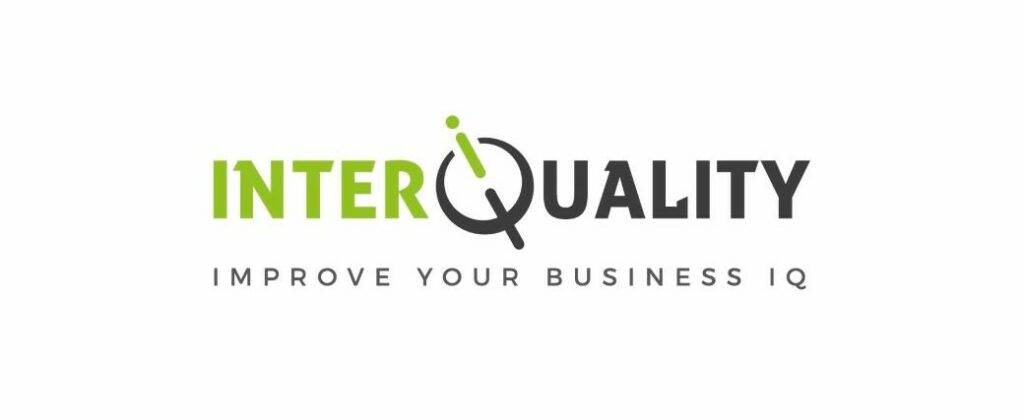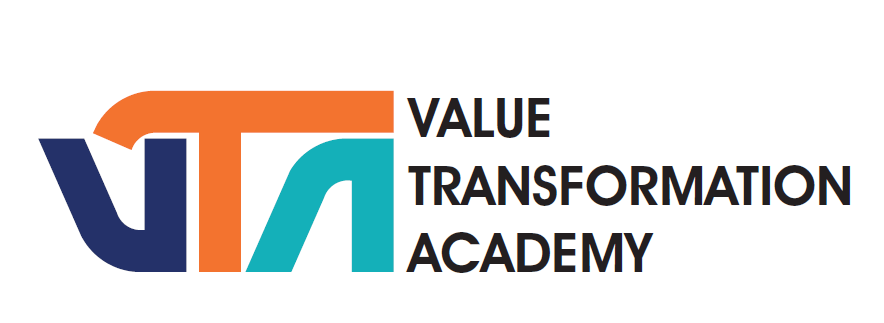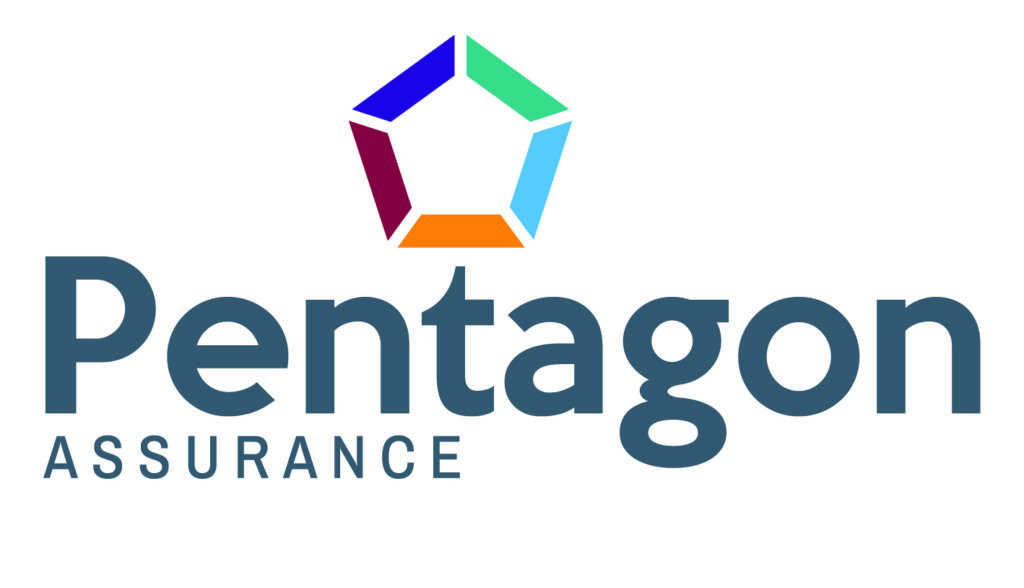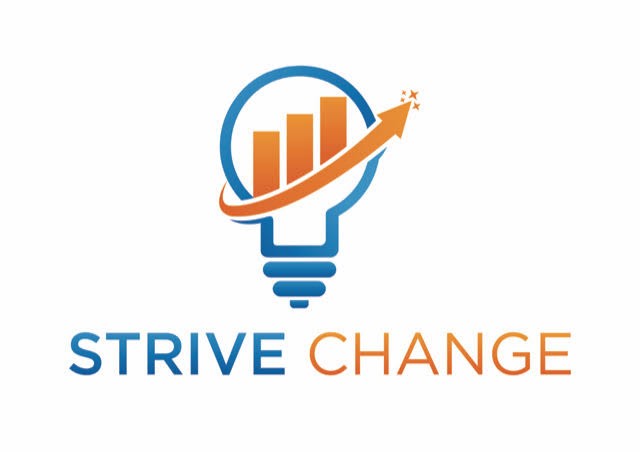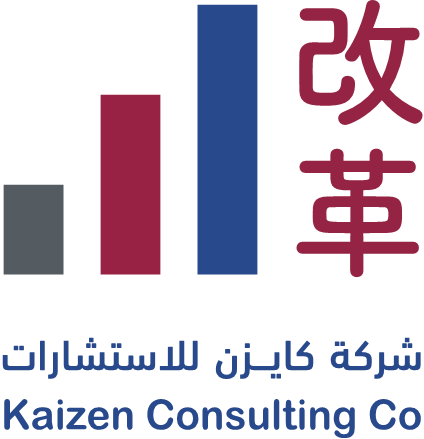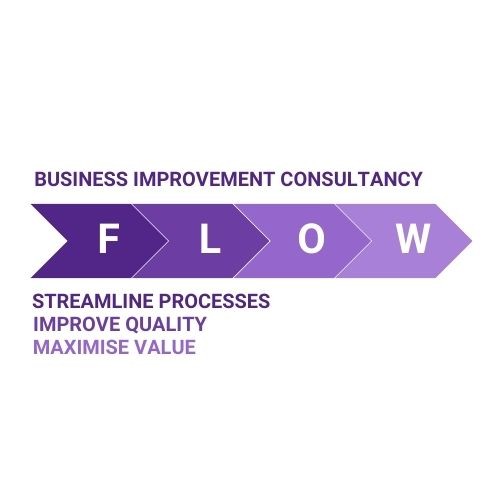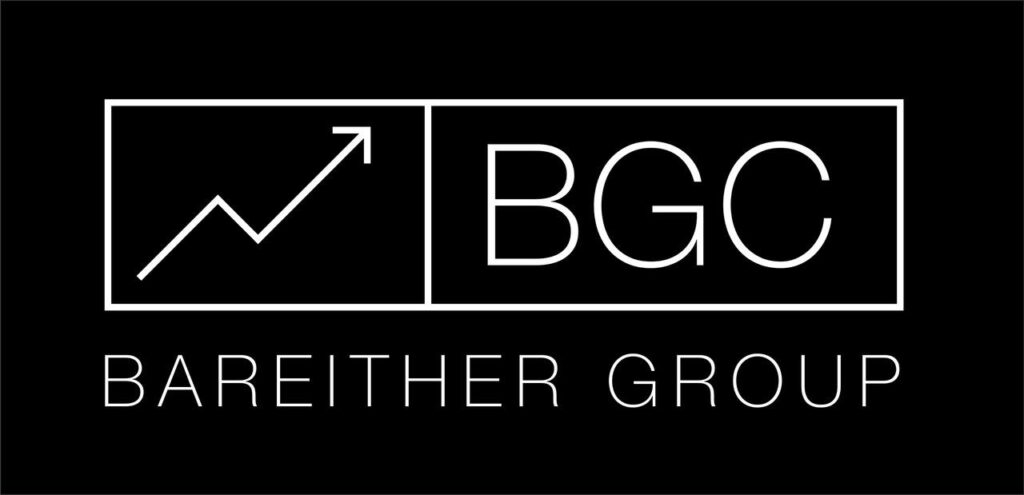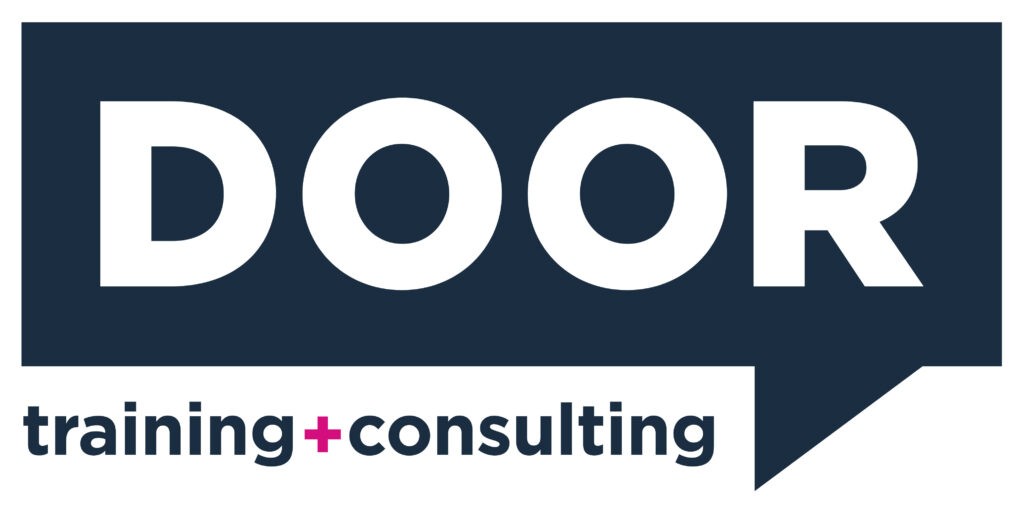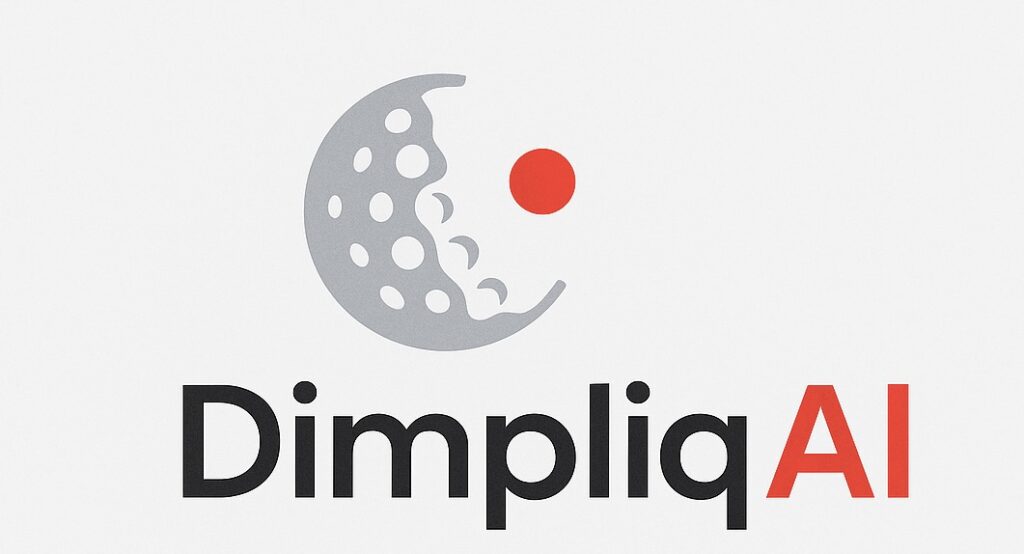Certified Project Manager (CPM) vs. Lean Six Sigma Black Belt: Which One Fits You?
When considering a career in project management or process improvement, choosing between the Certified Project Manager (CPM) and the Lean Six Sigma Black Belt is crucial.
Each certification serves distinct purposes and offers unique benefits that can significantly influence your career path.
The Certified Project Manager (CPM) certification is designed for professionals who want to excel in managing projects across various industries. This certification equips you with essential skills in planning, executing, and closing projects effectively. It emphasizes leadership, risk management, and stakeholder communication, making it ideal for those looking to lead complex projects.
On the other hand, the Lean Six Sigma Black Belt certification focuses on process improvement and quality management. It teaches you how to identify inefficiencies and eliminate defects using data-driven methodologies. This certification is perfect for individuals aiming to enhance operational efficiency within organizations, particularly in roles related to quality assurance and continuous improvement.
Whether you choose CPM or Lean Six Sigma Black Belt, both certifications can elevate your professional profile and open doors to new opportunities.
Understanding PMP and Six Sigma Certifications
To make an informed choice between PMP (Project Management Professional) and Six Sigma certifications, it’s essential to understand what each entail. The PMP certification is globally recognized as a standard for project management excellence. It demonstrates your ability to manage projects effectively by covering key areas such as scope, time, cost, quality, risk, procurement, and stakeholder management.
In contrast, Six Sigma certification validates your skills in improving business processes by identifying defects and minimizing variability. This approach relies heavily on statistical tools and methodologies designed to enhance overall quality.
The certification levels include Yellow Belt, Green Belt, Black Belt, and Master Black Belt, each reflecting increasing expertise in process improvement techniques.
Deciding which certification aligns with your career goals involves assessing your current skills and desired career trajectory. If you aim to lead projects successfully across various industries, PMP may be the right choice.
However, if you’re passionate about driving quality improvements through data analysis, pursuing Six Sigma could be more beneficial.
Varied Focus Areas of PMP and Six Sigma
The focus areas of PMP and Six Sigma certifications differ significantly. The PMP certification centers around project management methodologies that are crucial for overseeing complex projects across different sectors. This includes mastering best practices in scheduling, budgeting, resource allocation, and risk management.
Conversely, Six Sigma certifications concentrate on process improvement methodologies such as DMAIC (Define-Measure-Analyze-Improve-Control) and DMADV (Define-Measure-Analyze-Design-Verify). These methodologies utilize statistical analysis tools like control charts and Pareto charts to identify root causes of issues within processes. Understanding these varied focus areas helps you determine which certification aligns best with your career objectives.
If you’re interested in leading projects efficiently while managing resources effectively, PMP is likely the better fit. However, if your goal is to specialize in quality management and process optimization, pursuing a Six Sigma certification would be more advantageous.
Comparing Benefits of PMP and Six Sigma Certifications
Both PMP and Six Sigma certifications offer distinct benefits that can enhance your professional capabilities.
The PMP certification equips you with essential skills needed to manage complex projects effectively. This includes expertise in risk management, scheduling techniques, budgeting strategies, and effective stakeholder communication.
On the other hand, obtaining a Lean Six Sigma Black Belt emphasizes a data-driven approach to eliminating defects within processes. Professionals with this certification play a crucial role in streamlining operations by reducing variation and improving overall quality within organizations. This skill set is particularly valuable in roles focused on quality assurance or continuous improvement.
Both certifications can lead to increased earning potential; studies indicate that PMP-certified professionals earn an average of 22% more than their non-certified peers.
Similarly, individuals with Six Sigma credentials often command higher salaries due to their ability to drive significant cost savings through improved processes.
Industry Applications and Hierarchical Roles
The applications of both PMP and Six Sigma certifications span across diverse industries. The Project Management Professional (PMP) certification is applicable in sectors such as IT, healthcare, construction, finance, and manufacturing. Professionals certified as PMP often occupy key roles like project manager or program manager responsible for overseeing large-scale projects from initiation through completion.
In contrast, the methodologies associated with Lean Six Sigma are predominantly utilized within operations management across various sectors:
- In manufacturing settings: Lean Six Sigma principles optimize production processes.
- In finance: These methodologies streamline transactional processes for improved accuracy.
- In healthcare: They enhance patient care delivery through improved operational efficiencies.
Understanding these industry applications will help you identify where your skills can be best utilized based on your chosen certification path.
Choosing the Right Certification for Your Career
When deciding between a Certified Project Manager (CPM) designation or a Lean Six Sigma Black Belt, it’s vital to consider several factors including career objectives and industry demands.
Individuals should reflect on their professional aspirations; if you aim to manage intricate projects across diverse sectors effectively, pursuing a CPM may be more advantageous.
Conversely, if your goal is centred around enhancing operational efficiency through process improvements within an organization—particularly if you’re involved in quality assurance—the Lean Six Sigma Black Belt could be more suitable.
Researching industry trends regarding job opportunities tied to each certification will also provide insight into which credential may offer better alignment with current market demands. Ultimately aligning your choice with long-term career goals will facilitate informed decision-making regarding your professional development path.
Why Choose ILSSI for Your Lean Six Sigma Black Belt Certification?
When it comes to Lean Six Sigma certification, the International Lean Six Sigma Institute (ILSSI) stands out as a trusted global provider. Here’s why taking the Black Belt course through ILSSI is a smart investment in your career:
1. Global Recognition and Credibility
ILSSI certifications are recognized worldwide, making them a valuable addition to your professional credentials. Employers trust the rigorous standards upheld by ILSSI, giving you a competitive edge in the job market.
2. Comprehensive, Practical Curriculum
The ILSSI Black Belt course equips you with in-depth knowledge of Lean Six Sigma methodologies, including tools like DMAIC, statistical analysis, and leadership strategies. The focus on practical applications ensures you’re ready to tackle real-world challenges from day one.
3. Affordable Pricing
At just £312, the ILSSI Black Belt exam offers exceptional value. Many providers charge significantly higher fees for similar certifications, making ILSSI a cost-effective option without compromising on quality.
4. Flexibility in Learning
The ILSSI program is designed for professionals with busy schedules. Whether you’re balancing work, studies, or other commitments, the flexible course structure allows you to learn at your own pace while preparing for the exam.
5. Expert-Led Training
ILSSI courses are developed and delivered by industry experts with years of experience in Lean Six Sigma. This ensures you’re learning from seasoned professionals who understand both theory and practice.
6. Enhanced Career Opportunities
Certified Lean Six Sigma Black Belts are in high demand across industries such as manufacturing, healthcare, finance, and logistics. By earning your certification through ILSSI, you position yourself as a top candidate for leadership roles focused on quality improvement and operational efficiency.
7. Proven ROI for Employers and Employees
Organizations value ILSSI-certified Black Belts for their ability to drive measurable results, including cost reductions, efficiency gains, and improved customer satisfaction. By choosing ILSSI, you’ll gain the skills to deliver tangible benefits to any organization.
The ILSSI Black Belt course combines affordability, credibility, and flexibility to help you achieve your career goals. Whether you’re looking to boost your earning potential, transition to a leadership role, or make a meaningful impact in your organization, ILSSI offers the tools and support you need to succeed.
Take the first step toward becoming a Lean Six Sigma Black Belt and elevate your career to new heights. Enroll with ILSSI today!


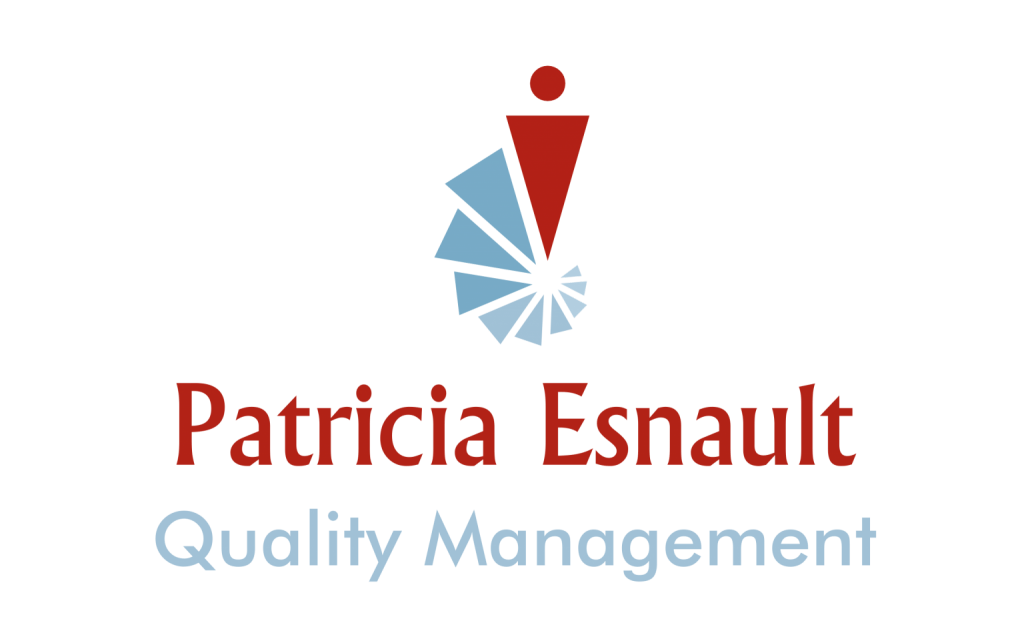

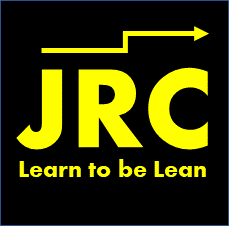
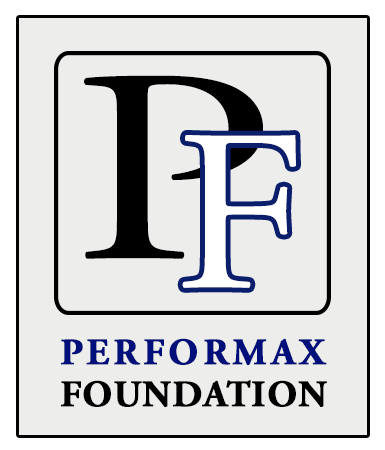








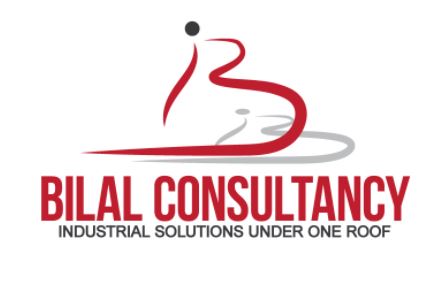





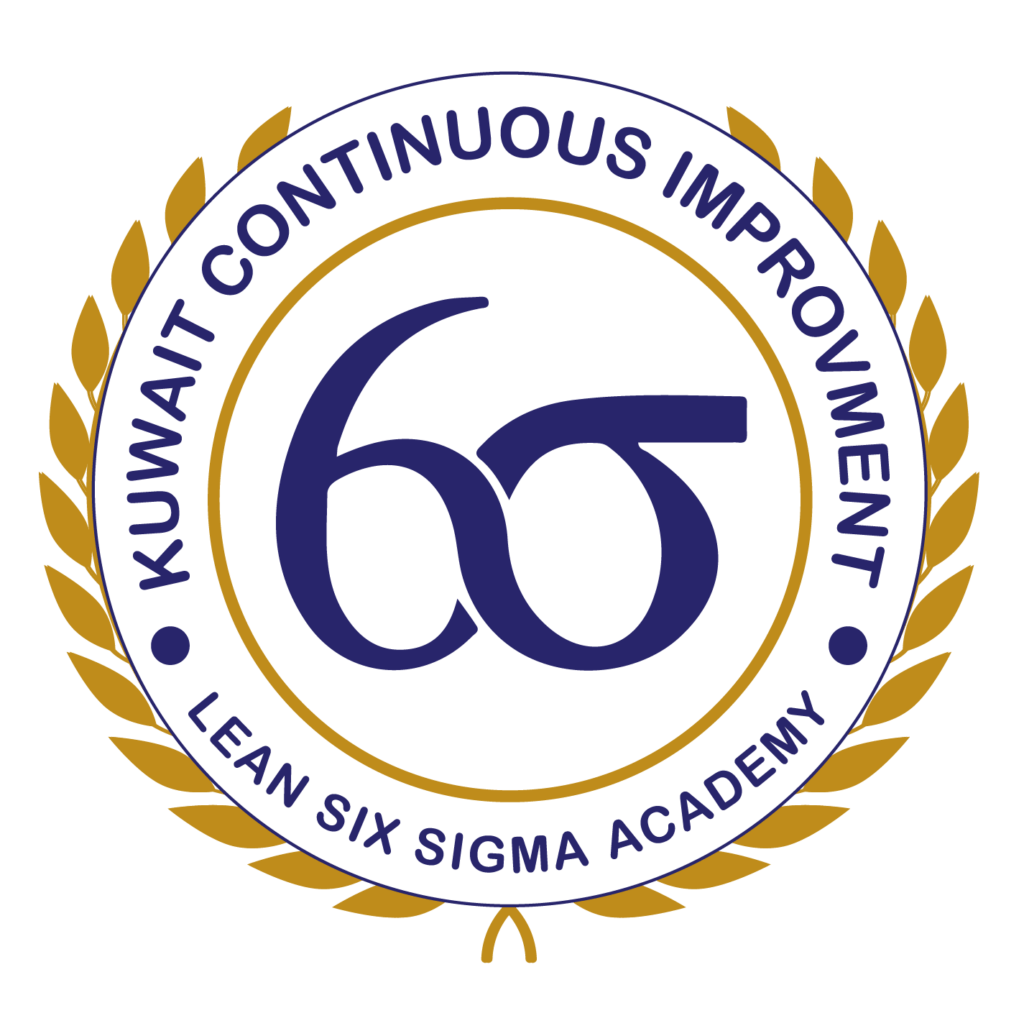



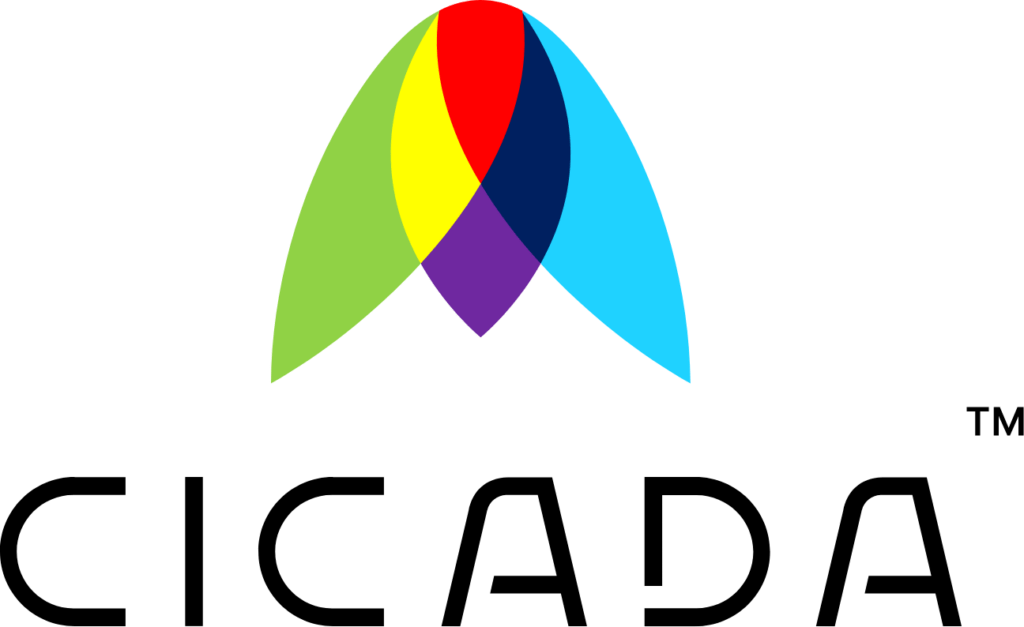
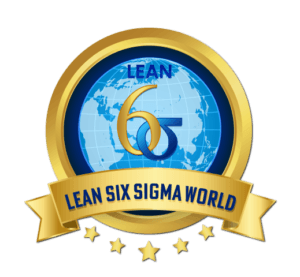
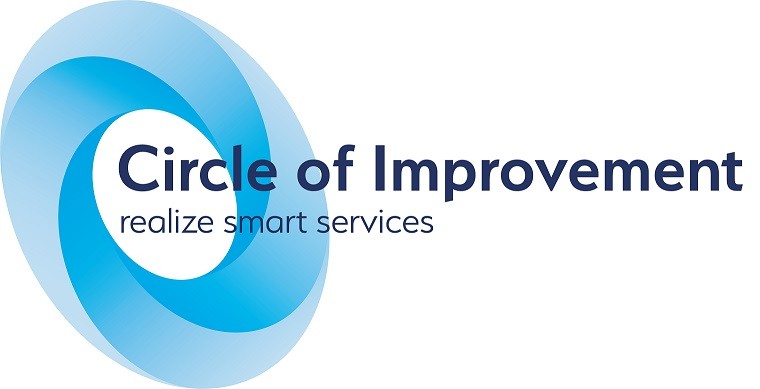



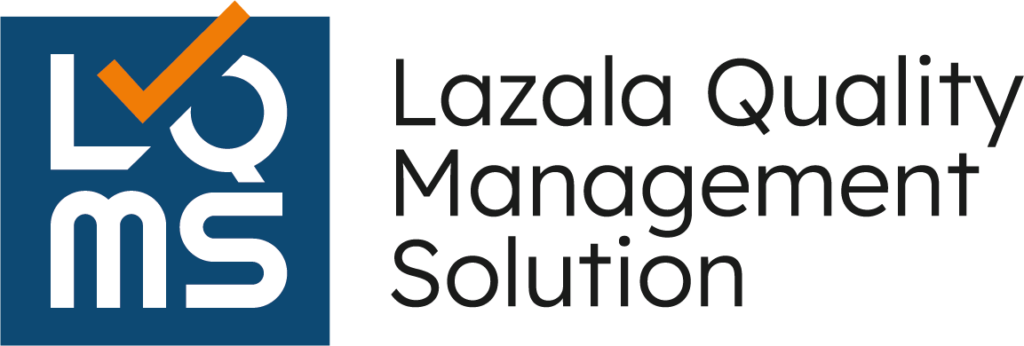




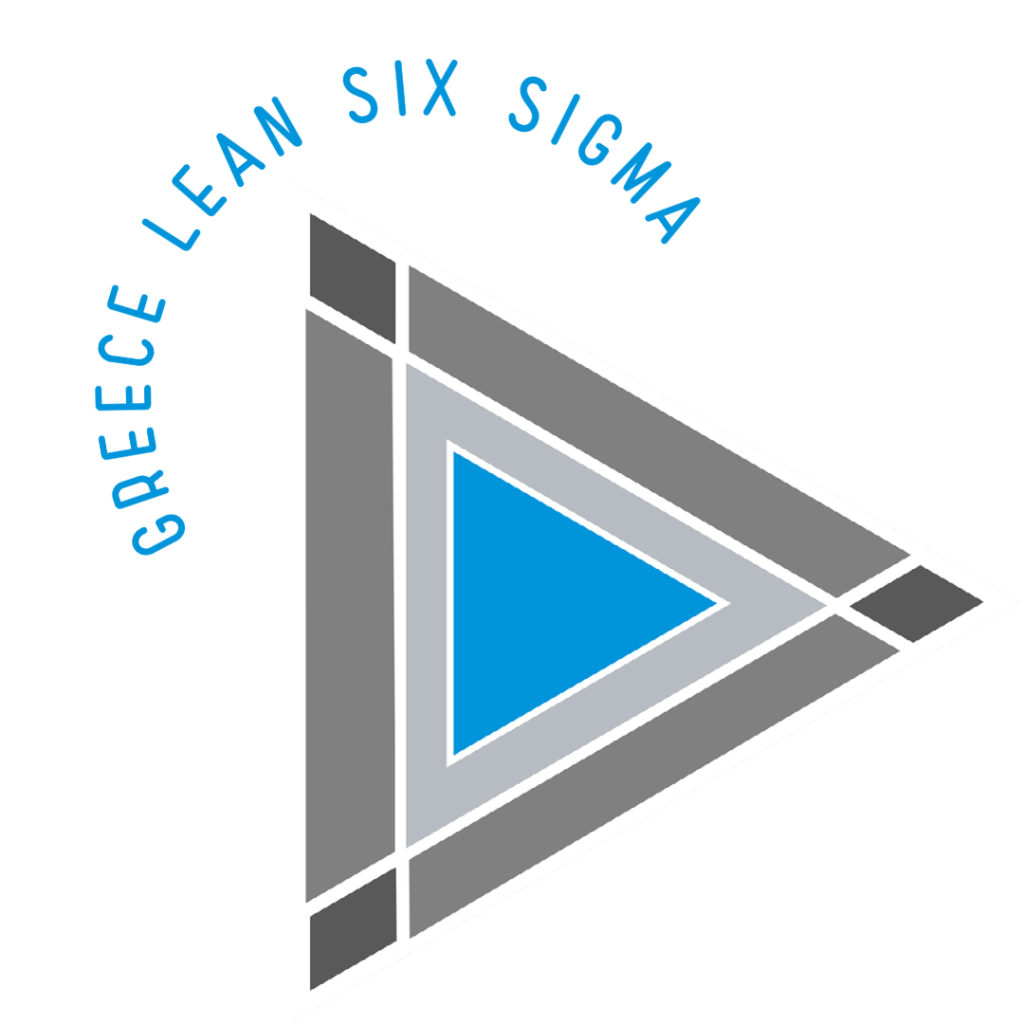
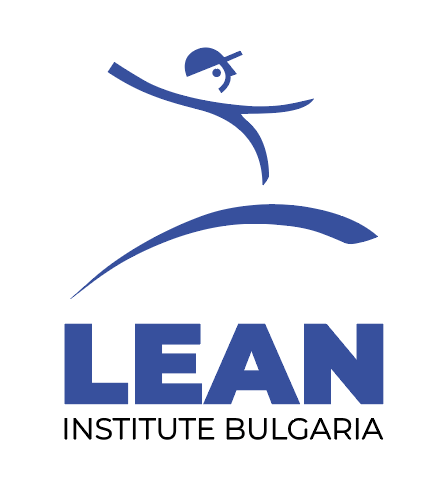


![UCOURSE.ORG [UCOURSE Academy] was established in Hong Kong in 2019 (company name: UCOURSE LTD), dedicated to providing high-quality online courses and courses for Chinese people in China, Hong Kong, and even all over the world. UCOURSE.ORG 【优思学院】于2019年成立于香港(公司名称:优思学院有限公司 / UCOURSE LTD),致力于为中国、香港、以至身处于全球各地的中国人提供优质的线上课程和考试认证,促进全国的人材培育、个人的职业发展,让学员在事业上事半功倍,同时助力国家的未来的急促发展。](https://ilssi.org/wp-content/uploads/2021/02/ucourse-logo-250.png)












